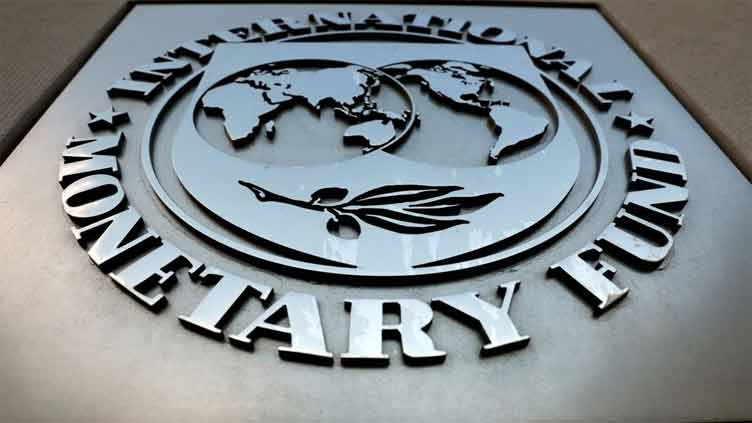Aurangzeb sees IMF-induced macroeconomic stability

Business
Statement comes after Islamabad achieves a new IMF programme
Pakistan is required to phase out incentives to Special Economic Zones
No new regulatory, tax-based incentives, or guaranteed return including for projects channeled through SIFC
Privatisation remains top agenda along subsidy cuts
ISLAMABAD (Web Desk) – Finance Minister Muhammad Aurangzeb on Saturday stressed the need for “structural reforms” and “sustainability”, as he hoped that the latest deal signed with the Washington-based International Monetary Fund (IMF) will help Pakistan achieve macroeconomic stability.
The remarks came after Islamabad reached a staff-level agreement with the IMF on around $7 billion package that will cover a 37-month period.
“We need to ensure structural reforms and bring self-sustainability in areas of public finance, energy, and state-owned institutions” under the IMF programme, Aurangzeb said in a statement.
MORE TAXES
Earlier, IMF Mission Chief to Pakistan Nathan Porter in a statement said the agreement was subjected to approval by the IMF Executive Board and the timely confirmation of necessary financing assurances from Pakistan’s development and bilateral partners.
When it comes to the key policy goals, Porter listed “sustainable public finances, through a gradual fiscal consolidation based on reforms to broaden the tax base and remove exemptions, while increasing resources for critical development and social spending” among top priorities.
He added that the authorities, in this regard, plan to increase tax revenues through measures of 1.5 per cent of GDP in FY25 and 3pc of GDP over the programme.
According to Porter, the programme also covers “a fairer balance of fiscal effort between the federal and provincial governments”, which have agreed to rebalance spending activities in line with the 18th Amendment “through the signature of a National Fiscal Pact that devolves to provincial governments higher spending for education, health, social protection, and regional public infrastructure investment, enabling improved public service provision”.
“At the same time, the provinces will take steps to increase their own tax-collection efforts, including in sales tax on services and agricultural income tax. On the latter, all provinces are committed to fully harmonizing their Agriculture Income Tax regimes through legislative changes with the federal personal and corporate income tax regimes and this will become effective from January 1, 2025.”
INFLATION AND WEAK RUPEE
The IMF says, “Reducing inflation, deepening access to financing, and building strong external buffers are key to development and resilience. Monetary policy will continue to be focused on supporting disinflation, which will help protect real incomes, especially for the most vulnerable.
“To buffer against shocks and build reserves, the State Bank of Pakistan (SBP) will maintain a flexible exchange rate and continue to improve the functioning of the foreign exchange market and the transparency around FX operations. On financial stability, the authorities plan to take measures to deepen access to financing, while strengthening financial institutions, addressing any undercapitalized banks, and upgrading their crisis management framework.”
ENERGY TARIFFS
Also, the staff-level agreement also has terms and conditions meant for “restoring energy sector viability and minimizing fiscal risks through the timely adjustment of energy tariffs, decisive cost-reducing reforms, and refraining from further unnecessary expansion of generation capacity.
“The authorities remain committed to undertaking targeted subsidy reforms and replace cross-subsidies to households with direct and targeted BISP support.”
NO INCENTIVES TO SPECIAL ECONOMIC ZONES
As far as the business environment is concerned, the IMF aims at “promoting private sector and export dynamism by improving the business environment, creating a level-playing field for all businesses, and removing state distortions.
“In this regard, the authorities are advancing efforts to improve SOE operations and management as well as privatization (with the highest priority given to the most profitable SOEs) and strengthening transparency and governance around the Pakistan Sovereign Wealth Fund and its operations.”
“They are also phasing out incentives to Special Economic Zones, phasing out agricultural support prices and associated subsidies, and refraining from new regulatory or tax-based incentives, or any guaranteed return that could distort the investment landscape, including for projects channeled through the Special Investment Facilitation Council. The authorities have also committed to advance anti-corruption as well as governance and transparency reforms, and gradually liberalize trade policy,” the statement reads.


